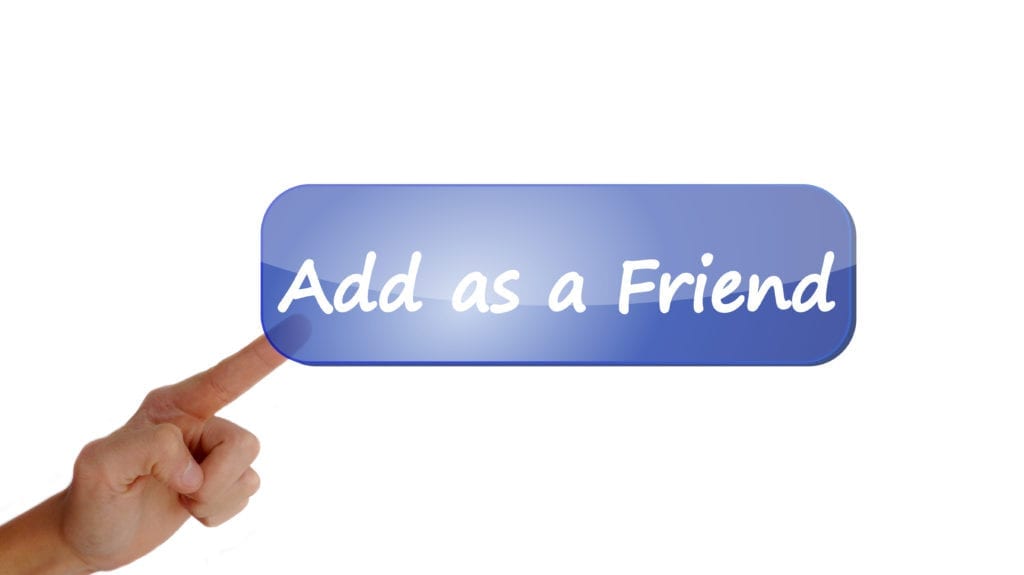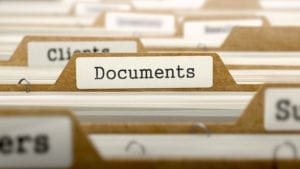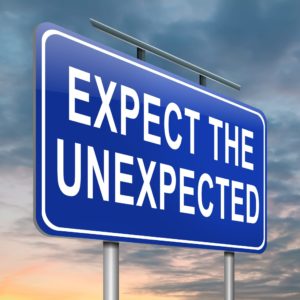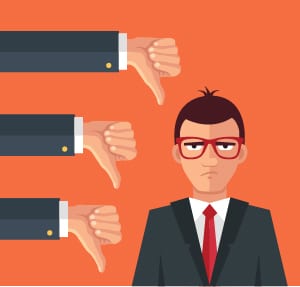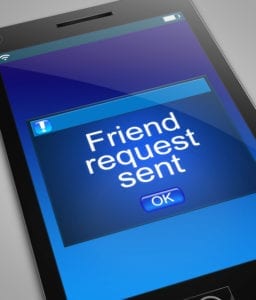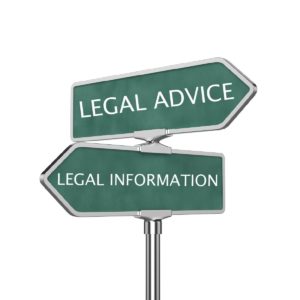A topic that seems to come up a lot is whether lawyers and judges can be “friends” or “connections” on various social media platforms.
Is it ever ok? What if a judge sends a connection request to a lawyer? If the lawyer rejects it, how will the judge react? What if a lawyer is “friends” with another lawyer who then becomes a judge? Do they have to “unfriend” each other?
It seems reasonable to think that judges would connect with lawyers and vice versa. After all, judges are people, too. They were law school classmates of lawyers, were once practicing attorneys themselves, and socialize with lawyers.
Why should social media platforms be treated all that much differently than real life? Before social media, lawyers and judges were friends and interacted in social settings. Just because a judge and lawyer are connected on social media, it doesn’t mean they have more than a casual relationship. On the flip side, just because a judge and a lawyer are not connected on social media, it doesn’t mean they aren’t close, personal friends.
The law around social media is fast evolving and jurisdictions have reached varying conclusions, some of which have already become dated. You should always check the current state of the law in your jurisdiction, but below is a general overview of the law regarding “friending” judges on social media.
Two Big Issues
While there are a number of issues surrounding this topic, there are two main considerations when looking at the propriety of lawyers and judges friending each other:
- Whether the attorney may appear before the judge; and
- Whether the attorney is before the judge on a pending matter at the time of the “friend” request.
Current State of the Law
- Can be friends even if a lawyer may appear before the judge, but the timing may matter (i.e., whether friending before or during a pending matter) and recusal might become necessary (North Carolina; D.C.; ABA; Kentucky; Arizona)
- Cannot be friends if a lawyer is likely to appear before the judge, no matter the timing (Massachusetts; Oklahoma; Florida, but see August 2017 Florida decision)
- No matter the jurisdiction, lawyers cannot use social media to communicate with judges with the intent to influence them in the performance of their official duties (Pennsylvania; North Carolina decision)
- Also, lawyers should be careful endorsing judges or receiving endorsements from them. (North Carolina; New York; Utah)

